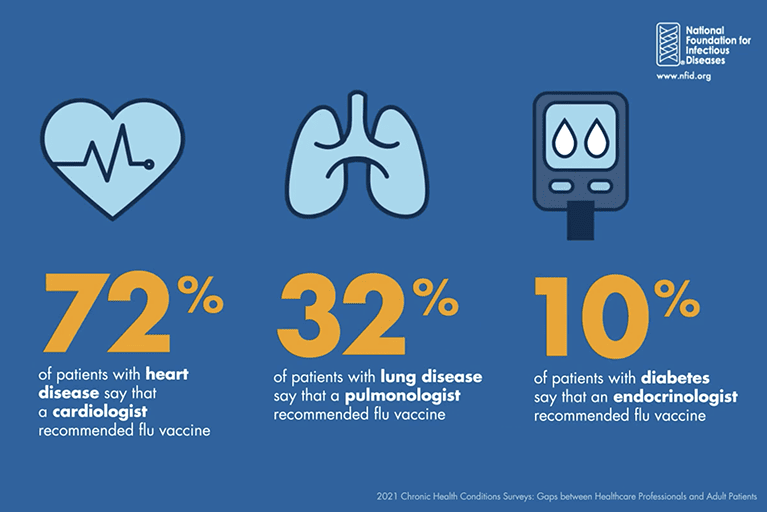
Understanding Chronic Disease: Causes and Management
Defining Chronic Disease
Chronic diseases are long-lasting conditions that often develop slowly over time and can persist for years or even a lifetime. Unlike acute illnesses, which typically have a sudden onset and resolve within a relatively short period, chronic diseases require ongoing management and treatment to control symptoms and prevent complications.
Common Types of Chronic Diseases
There are many different types of chronic diseases, each with its own unique set of symptoms and treatment requirements. Some of the most common chronic diseases include heart disease, diabetes, cancer, arthritis, asthma, and chronic obstructive pulmonary disease (COPD). These conditions can have a significant impact on a person’s quality of life and may require lifelong management.
Causes of Chronic Disease
The causes of chronic disease are multifactorial and often involve a combination of genetic, environmental, and lifestyle factors. While some chronic diseases, such as certain types of cancer, may have a strong genetic component, others, like type 2 diabetes and heart disease, are closely linked to modifiable risk factors such as poor diet, lack of exercise, smoking, and excessive alcohol consumption.
The Role of Inflammation
Inflammation plays a central role in the development and progression of many chronic diseases. Chronic inflammation occurs when the body’s immune system becomes overactive and attacks healthy tissues and organs, leading to damage and dysfunction. This sustained inflammatory response can contribute to the development of conditions such as cardiovascular disease, diabetes, arthritis, and certain types of cancer.
Prevention Strategies
While some risk factors for chronic disease, such as genetics, are beyond our control, there are many steps we can take to reduce our risk and promote better health. Adopting a healthy lifestyle that includes regular exercise, a balanced diet, adequate sleep, stress management, and avoiding tobacco and excessive alcohol consumption can significantly lower the risk of developing chronic diseases and improve overall wellbeing.
Early Detection and Screening
Early detection and screening are crucial for identifying chronic diseases in their earliest stages when treatment is most effective. Regular check-ups with healthcare providers, routine screenings for conditions such as high blood pressure, high cholesterol, and diabetes, and age-appropriate cancer screenings can help detect chronic diseases early on and prevent complications.
Managing Chronic Disease
Once diagnosed, managing chronic disease becomes a lifelong journey that requires ongoing attention and care. Treatment plans are typically tailored to the individual and may include medications, lifestyle modifications, physical therapy, and regular monitoring of symptoms and disease progression. It’s essential for individuals with chronic diseases to work closely with their healthcare team to develop and adhere to a comprehensive management plan.
The Importance of Self-Care
Self-care plays a vital role in managing chronic disease and improving overall quality of life. This includes adhering to prescribed medications, following a healthy diet, staying physically active, managing stress, getting enough sleep, and avoiding harmful behaviors such as smoking and excessive alcohol consumption. Engaging in self-care practices empowers individuals to take control of their health and well-being.
Support Networks
Living with a chronic disease can be challenging, both physically and emotionally. Having a strong support network of family, friends, healthcare providers, and support groups can make a significant difference in coping with the demands of chronic illness. These networks provide emotional support, practical assistance, and valuable resources for navigating the complexities of managing a chronic disease.
Looking Towards the Future
While living with a chronic disease presents its share of challenges, it’s essential to focus on the positives and remain hopeful for the future. Advances in medical research and treatment options continue to improve outcomes for individuals living with chronic diseases, offering new hope and possibilities for better health and quality of life. By staying informed, proactive, and engaged in their care, individuals with chronic diseases can take steps towards a brighter and healthier future. Read more about chronic disease
